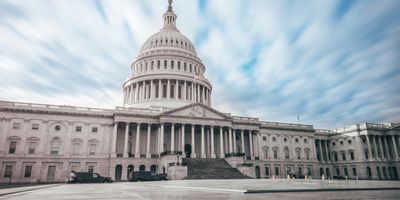That display came after Meta and Google publicly criticized Europe’s new code of practice for general AI models, part of the EU’s AI Act earlier this month. Meta’s Joel Kaplan said that the rules impose “unworkable and technically infeasible requirements” on developers, while Google’s Kent Walker called them a “step in the wrong direction.”
On Feb. 11, US Vice President JD Vance told attendees at the AI Action Summit in Paris, France, that Europe should pursue regulations that don’t “strangle” the AI industry.
The overseas criticism from Washington and Silicon Valley may be having an impact. The European Commission recently withdrew its planned AI Liability Directive, designed to make tech companies pay for the harm caused by their AI systems. European official Henna Virkkunen said that the Commission is softening its rules not because of pressure from US officials, but rather to spur innovation and investment in Europe.
But these days, Washington and Silicon Valley are often speaking with the same voice.
